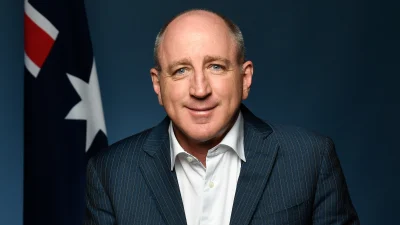Life insurers must deliver meaningful code


The life insurance industry is under an obligation to develop a "meaningful" code of conduct in the immediate post-Trowbridge environment, according to TAL chief executive, Brett Clark.
Speaking on a panel at the Financial Services Council national conference on the Gold Coast, Clark remarked on the fact that the general insurance sector had followed a code of practice for the past 20 years but this had not been emulated in the life/risk sector.
Asked by AIA Insurance chief executive, Damien Mu, why this had been the case, Clark said he believed that it was because, in part, the life/risk sector had been more intermediary and adviser focused than it had been consumer focused.
"I think for many years we were simply not very consumer-facing," Clark said.
However he said that given the degree of meaningful change which had been imposed on advisers out of the Trowbridge Report, it was incumbent on the life insurance companies to develop a code of conduct which was equally meaningful.
"I think it is an important test of us as an industry to show how far we are prepared to go," Clark said. "It is important for us to develop something meaningful and not just a set of words."
He said one of the key elements was establishing the objective of the code but it generally cam down to engendering consumer trust and confidence.
Recommended for you
Policy and advocacy specialist Benjamin Marshan has left the Council of Australian Life Insurers after less than a year, having joined in March from the Financial Planning Association of Australia.
The declining volume of risk advisers meant KPMG has found a rising lapse rate for insurance policies arranged by independent financial advisers, particularly in the TPD and death cover space.
The Life Insurance Code of Practice has transferred from the Financial Services Council to the Council of Australian Life Insurers.
The firm has announced it will no longer be writing new life insurance policies in the retail advised and corporate group insurance channels, citing a declining market and risk adviser numbers.














